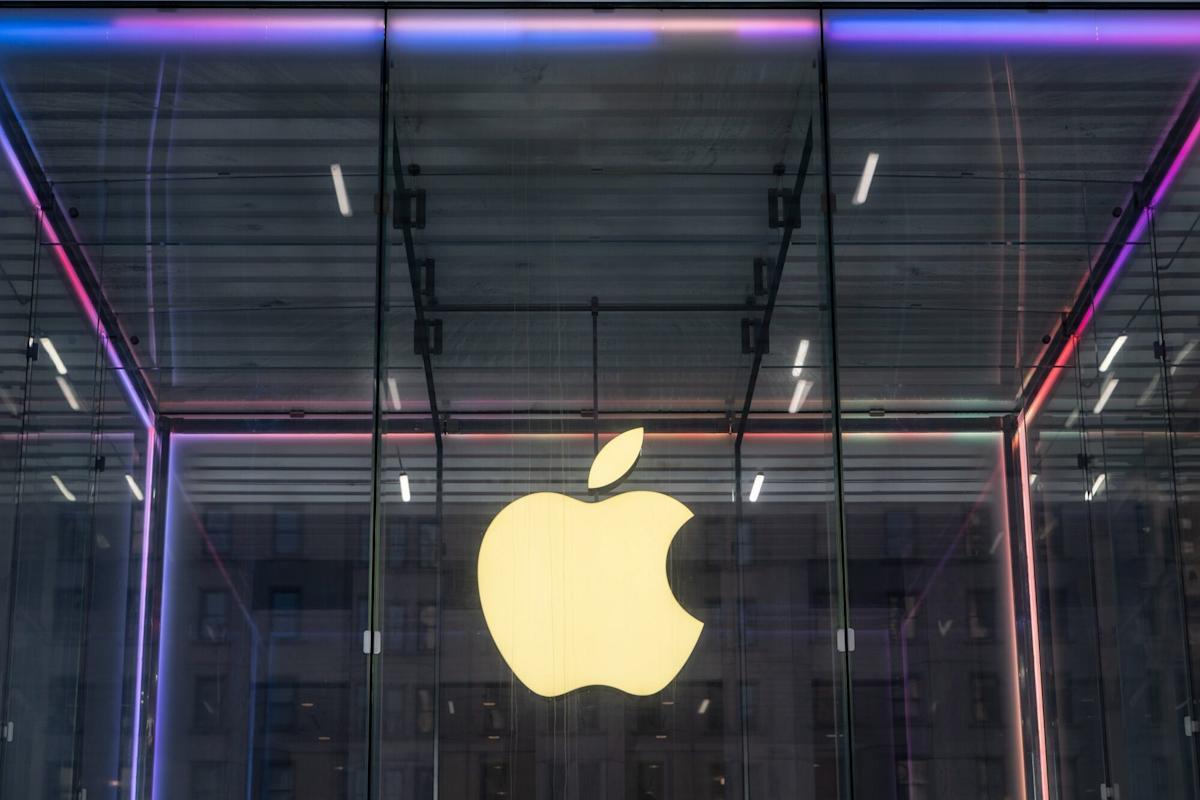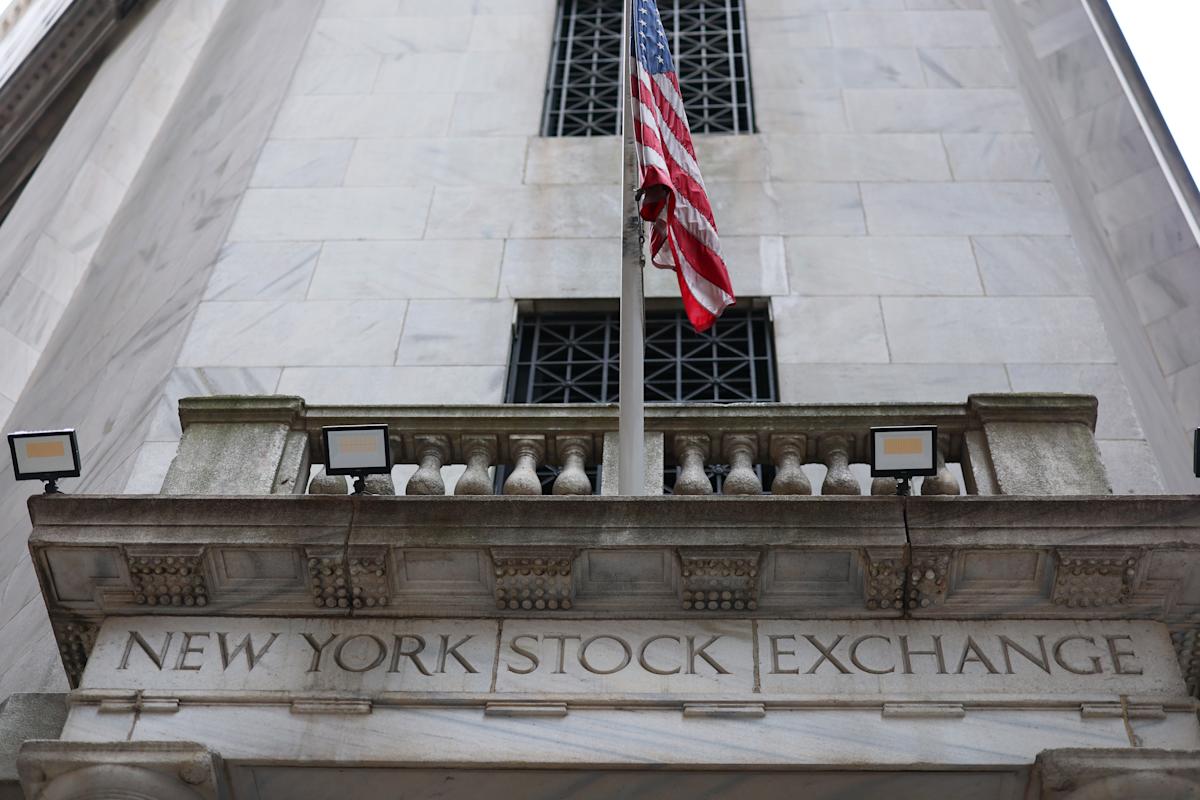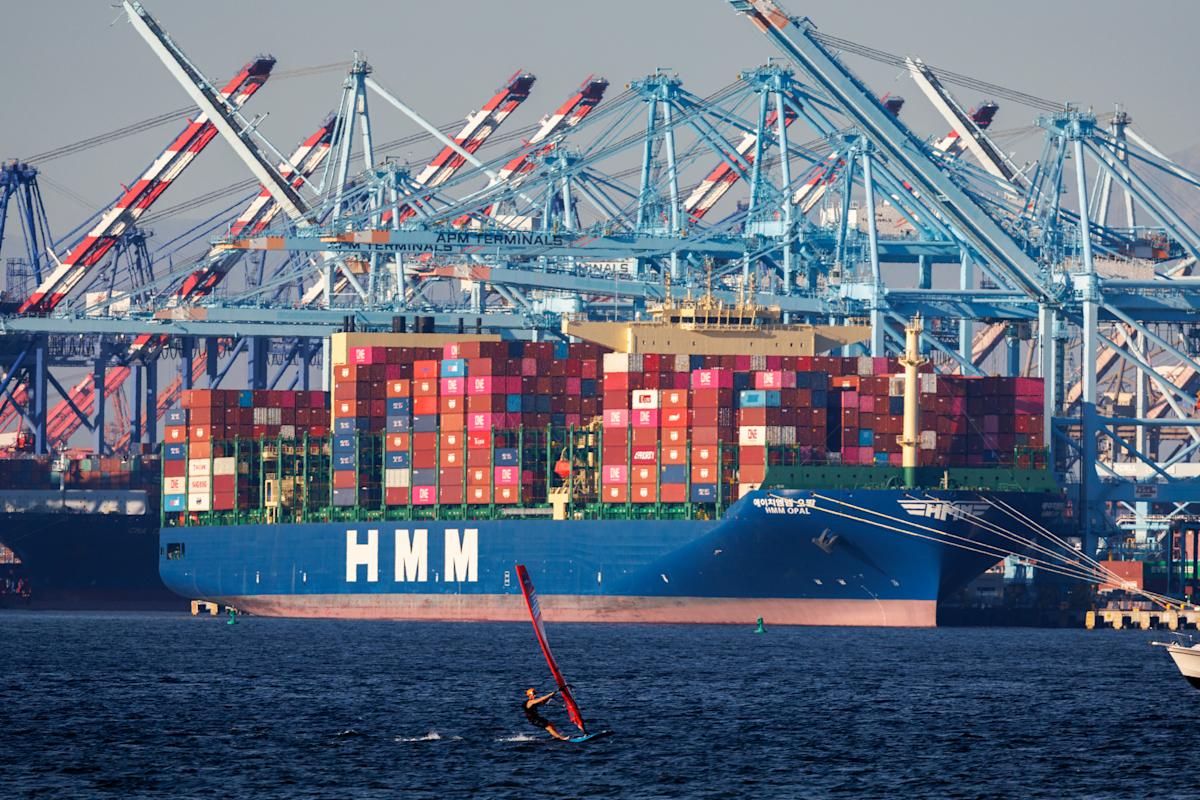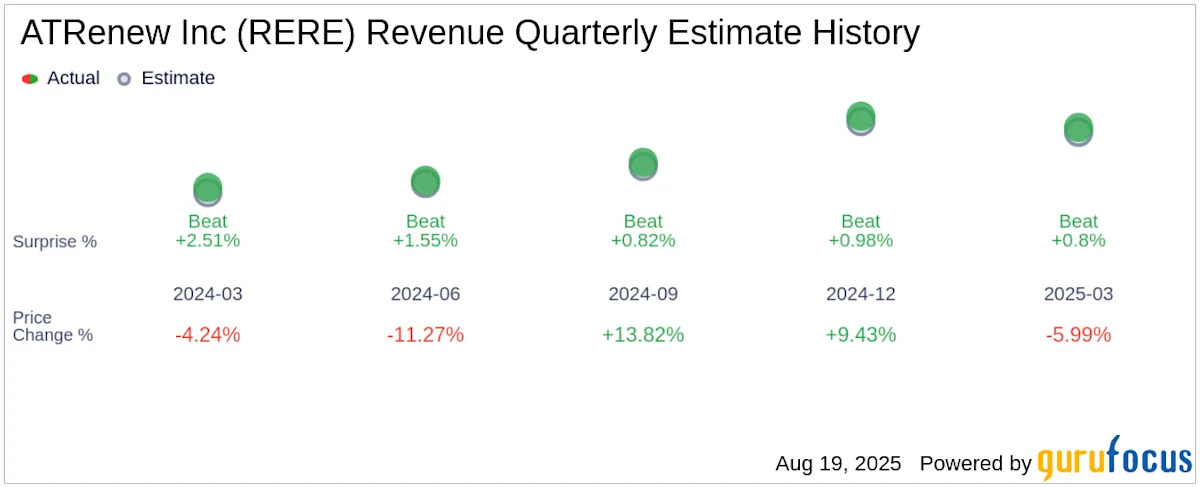Apple Commits $100 Billion to U.S. Manufacturing

Apple's $100 Billion Pledge to U.S. Manufacturing
Apple Inc. has announced a significant $100 billion investment dedicated to expanding its manufacturing operations in the United States. This pledge is part of a broader $500 billion domestic investment plan revealed earlier in the year, aimed at boosting Apple's U.S. footprint over the coming years. Central to this initiative is the company's focus on reshoring its supply chains and fostering job creation within the manufacturing sector.
The investment includes the launch of a new American Manufacturing Program, which seeks to bring critical production processes back to the U.S., enhancing the country's technological and industrial capabilities. Apple has also committed to building advanced facilities, such as a server manufacturing plant in Texas, and creating 20,000 additional jobs in research and development. This move not only strengthens Apple's domestic presence but also aligns with broader goals to safeguard economic and national security by reducing reliance on foreign production.
Challenges in Reshoring Apple’s Supply Chain
Apple's efforts to reshore its supply chain face significant challenges. The higher cost of labor in the U.S. compared to regions like Asia remains a primary hurdle. Additionally, the domestic manufacturing sector suffers from a shortage of skilled technical workers, which could delay or increase the cost of scaling operations.
Another critical issue is Apple’s reliance on Asian suppliers for key components. Many of its suppliers operate from China, India, and Vietnam, making a shift to U.S.-based production logistically complex and cost-intensive. Shipping parts across continents or establishing similar supplier networks domestically could significantly impact production timelines and profitability. Furthermore, existing infrastructure in Asia offers efficiency levels that are difficult to replicate quickly in the U.S.
Broader Implications for U.S. Manufacturing
Apple's $100 billion pledge resonates with former President Trump’s economic agenda, which aimed to bolster American industries and reduce dependence on foreign manufacturing. This investment could set a precedent for other corporations, encouraging them to increase domestic production and create jobs.
However, the move also interacts with tariff policies. Apple had previously faced threats of a 25% tariff on iPhones if they weren’t manufactured in the U.S. By reshoring, Apple may mitigate future tariff risks, gaining a competitive edge over rivals like Samsung, whose supply chains remain largely overseas. The initiative could also accelerate technological innovation and investments in U.S. manufacturing, contributing to a broader revitalization of the sector.
 Sources
Sources- White House official: Apple announce $100 billion pledge
 yahoo
yahoo - Apple investing $100 billion US, Trump set announce | CNN Business
 cnn
cnn - Trump, Apple Announce Fresh $100 Billion Investment
 yahoo
yahoo
 Keep Reading
Keep ReadingAbout the author

Top News
Related Articles
- White House official: Apple announce $100 billion pledge
 yahoo
yahoo - Apple investing $100 billion US, Trump set announce | CNN Business
 cnn
cnn - Trump, Apple Announce Fresh $100 Billion Investment
 yahoo
yahoo
People Also Watch



















